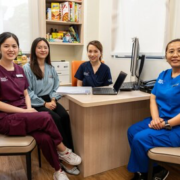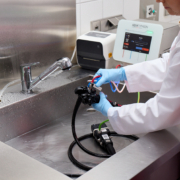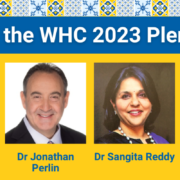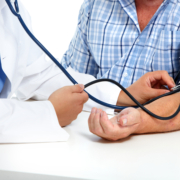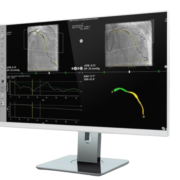National University Health System Launches World’s First Public Hospital’s Healthy Longevity Clinic at Alexandra Hospital
The National University Health System (NUHS), NUS Yong Loo Lin School of Medicine and Alexandra Hospital (AH) have achieved a milestone by unveiling the world’s inaugural Healthy Longevity Clinic by public healthcare. Located at Singapore’s Alexandra Hospital, the clinic aims to delay biological ageing, thereby optimising functionality and resilience and increasing health span through evidence-based diagnosis […]

